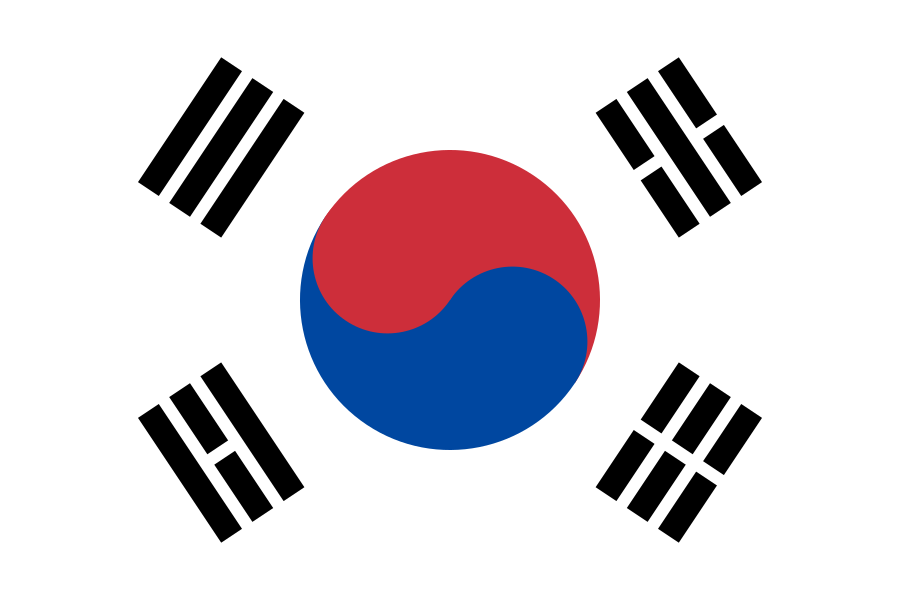The Republic of Korea is a signatory to the 1980 Hague
Convention on the Civil Aspects of International Child Abduction. On November
1, 2013, the Hague Convention entered into force between the United States and
the Republic of Korea. The United States now has 72 partners under the
Convention.
The Convention is the primary civil law mechanism for parents seeking the return of children who have been abducted from or wrongfully retained outside their country of habitual residence by another parent or family member. Parents seeking access to children residing in treaty partner countries may also invoke the Convention. The Convention is critically important because it establishes an internationally recognized legal framework to resolve parental abduction cases. The Convention does not address who should have custody of the child; rather it addresses where issues of child custody should be heard.
Korea has become the 89th signatory to the Convention, and as is custom for countries joining the Convention, they have penned legislation necessary to ensure compliance with the Convention. The text of that legislation can be found here on my website:




